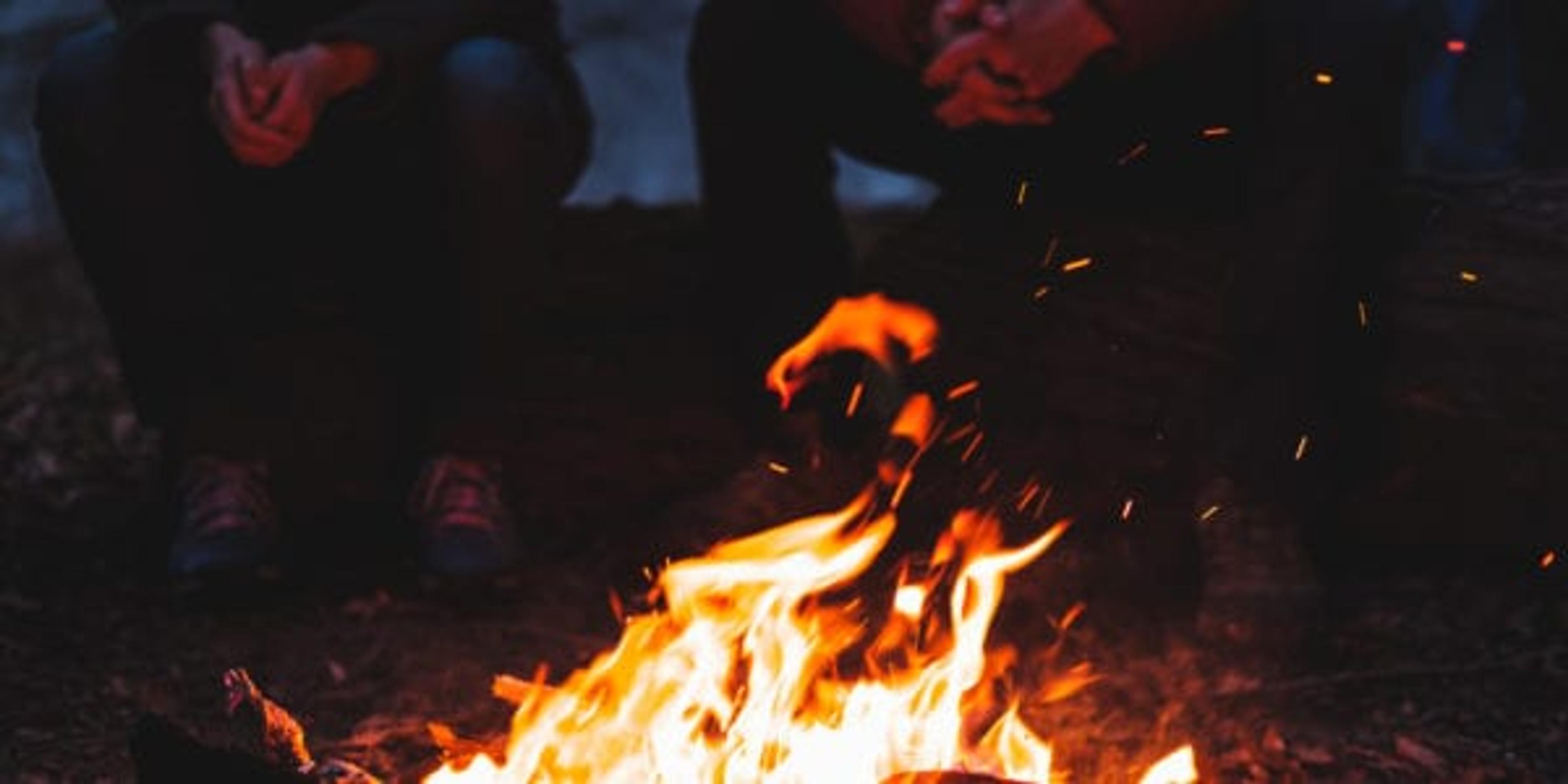UMatter: Helping Teens Connect During a Pandemic
| 3 min read

For teens, the loss of routines and social connections throughout the COVID-19 pandemic has led to increased mental health concerns. A recent survey showed that most teens have struggled with mental health issues during this time, and about two-thirds of those surveyed said they’re keeping those feelings to themselves.
Rabbi Yarden Blumstein, director of UMatter, wants teens to open up. The organization he leads helps southeast Michigan-based teens connect and see their value through peer-to-peer mentorship. UMatter has connected with nearly 30,000 teens in 22 Michigan high schools since it started in 2014. The program is part of a larger organization called Friendship Circle, which helps people facing isolation. Blumstein said the idea behind UMatter holds a double message.
“The first message is to everybody: that you matter unconditionally,” Blumstein said. “The second message is for teens regarding their peers – it’s a message for your friends around you that there’s something you can do if someone’s struggling. We’re trying to empower people to become upstanders and figure out how to bring the resources of help that so many teens are asking for and calling out for.”
Bringing teens together
Throughout the pandemic, UMatter has transitioned their regularly scheduled in-person teen talks to virtual Zoom meetings so participants stay connected. They’ve mailed out bracelets with messages of “courage” and “gratitude” to teens they work with to let them know someone is thinking of them. UMatter social media campaigns have focused on the importance of finding ways to stay socially connected, even if that looks different than normal.
Recently, the organization started hosting informal bonfires for teens. With strict adherence to social distancing guidelines, UMatter brings the marshmallows and teens bring themselves, ready to chat in person about whatever’s on their mind. It could be talking sports or feelings, but Blumstein said just getting together and talking has been therapeutic.
He said one teen’s parent contacted him after a recent bonfire to express how much her teen enjoyed the experience – they hadn’t realized how much they’d missed just hanging out with peers. “It’s been a very interesting journey of watching the teens’ whole worlds evolve through lockdown,” he said.
Moving forward with intention and meaning
For many teens, school is still being conducted virtually, meaning some are struggling with feelings of isolation. Normal outlets such as attending sporting events and going to concerts with friends aren’t possible, especially for teens who have family members with compromised immune systems.
Despite what they might be missing out on, he said many UMatter teens have expressed an unseen benefit they’ve found during the pandemic. They’re picking up books and puzzles. They’re rediscovering the joys of creative outlets and finding new hobbies.
“For some people, it can be healing when life slows down,” he said. “Teens are so over–busy – a lot of teens have been able to slow down and be more present. They’re going for bike rides or going for walks with friends. People are adapting. It’s bringing out a new part of who we are.”
Blumstein’s advice for teens and adults when things go “back to normal” is to bring forward those slower activities and connections that brought joy. Don’t give into the societal pressure to overload your schedule and carve out time for real social connection, which is just as important as a healthy diet and regular exercise.
“We took social connection for granted just a few months ago. We need to prioritize it,” he said. “Socialization is an emotional workout that’s healthy.”
Learn more about UMatter and programming available for teens at their website.
Related:
Photo credit: Photoboyko





